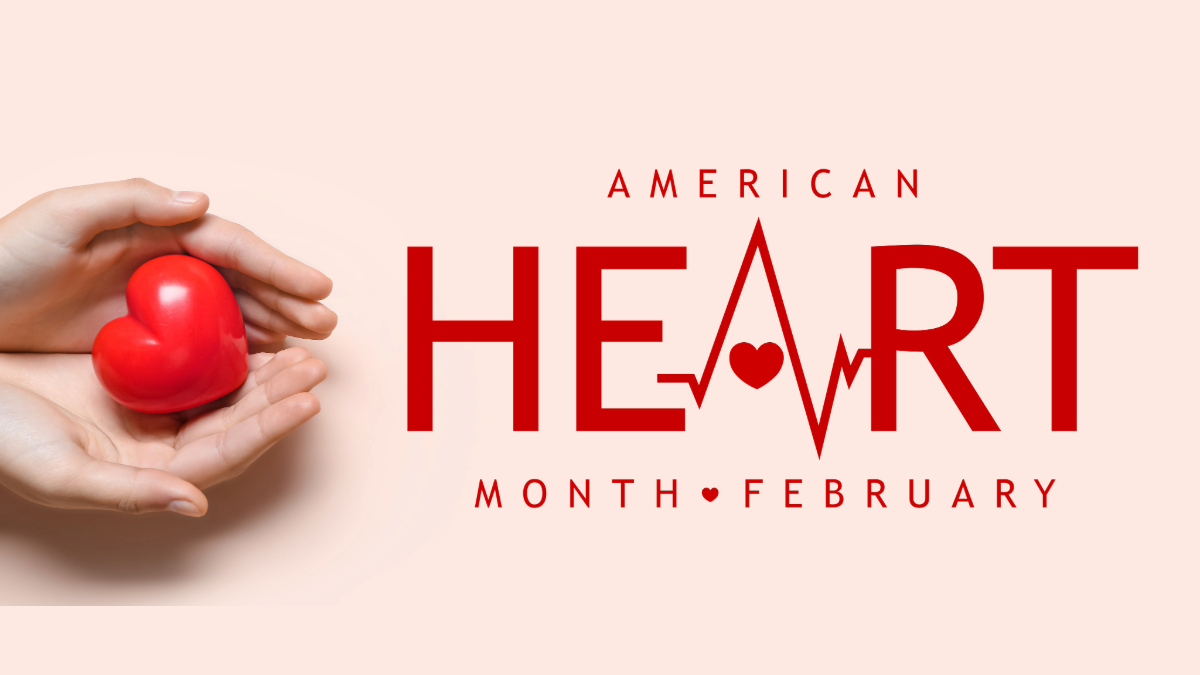Stress is a part of life, whether it’s from everyday deadlines, financial struggles, or balancing work and family. Your body reacts to stress: your heart rate increases, your blood vessels narrow, and over time, these small blows can add up and harm your health, especially your heart. Chronic stress can lead to high blood pressure, heart disease, diabetes, obesity, and poor sleep. Even other parts of your body, like your lungs and gut, can be affected.
How Stress Affects Your Heart
When you’re stressed, your body goes into “fight or flight” mode: your muscles tense, your heart rate increases, and your brain becomes more alert. But your body also has a built-in relaxation response. When triggered, your breathing and heart rate slow down, and your blood pressure decreases.
Techniques to Reduce Stress
You can learn to trigger this relaxation response with practice. Try these techniques on your own or find a teacher or class to help you get started. Don’t get discouraged if you don’t get the hang of it quickly. If one approach doesn’t work for you, try something new. There are many ways to de-stress.
Meditation
Meditation helps you stay focused on the present instead of worrying about the past or future. Find a quiet place with few distractions. Get comfortable by sitting, lying, or walking. Focus on a word, object, or your breathing. Let distractions, including thoughts, come and go without judgment.
Progressive Muscle Relaxation
First, tense your muscles for a few seconds, then relax them. Start with your toes, then your calves, and work your way up to your face. Do one muscle group at a time.
Deep Breathing
Take a slow, deep breath, let your stomach or chest expand, and then exhale slowly. Repeat a few times. Deep breathing is relaxing and can be done anytime, anywhere.
Guided Imagery
Relax and visualize a calm, peaceful setting, like a garden. Imagine the details of this place to help you feel more relaxed.
Other Ways to Manage Stress
Getting your mind and body to a place of calm doesn’t always mean being still. Other healthy ways to manage stress include:
- Taking a yoga or tai chi class
- Talking to a professional counselor
- Joining a stress management program or an art class
- Meeting up with friends for a brisk walk
- Spending time in nature
Combine Stress Reduction with Healthy Habits
Combining stress reduction techniques with other healthy habits can strengthen your heart. Eat more veggies, fruits, and whole grains, and less sodium, sugar, and saturated fats. Move your body more, like through dancing and walking meetings. Find exercises you love and do them regularly. Get enough good, quality sleep. Develop a strong social support system. Rethink some of the familiar ways you may be coping with stress, such as drinking alcohol frequently, using drugs, smoking, or overeating. These can actually worsen your stress and health.
Learn More and Get Help
Learn how to stress less for a healthier heart and more about heart health from the National Heart, Lung, and Blood Institute by visiting www.nhlbi.nih.gov. If you need help finding additional resources to cope with stress, talk to a member of your care team. Seek urgent care if you can’t cope at all or have suicidal thoughts. Resources are also available at nimh.nih.gov/health/find-help.
